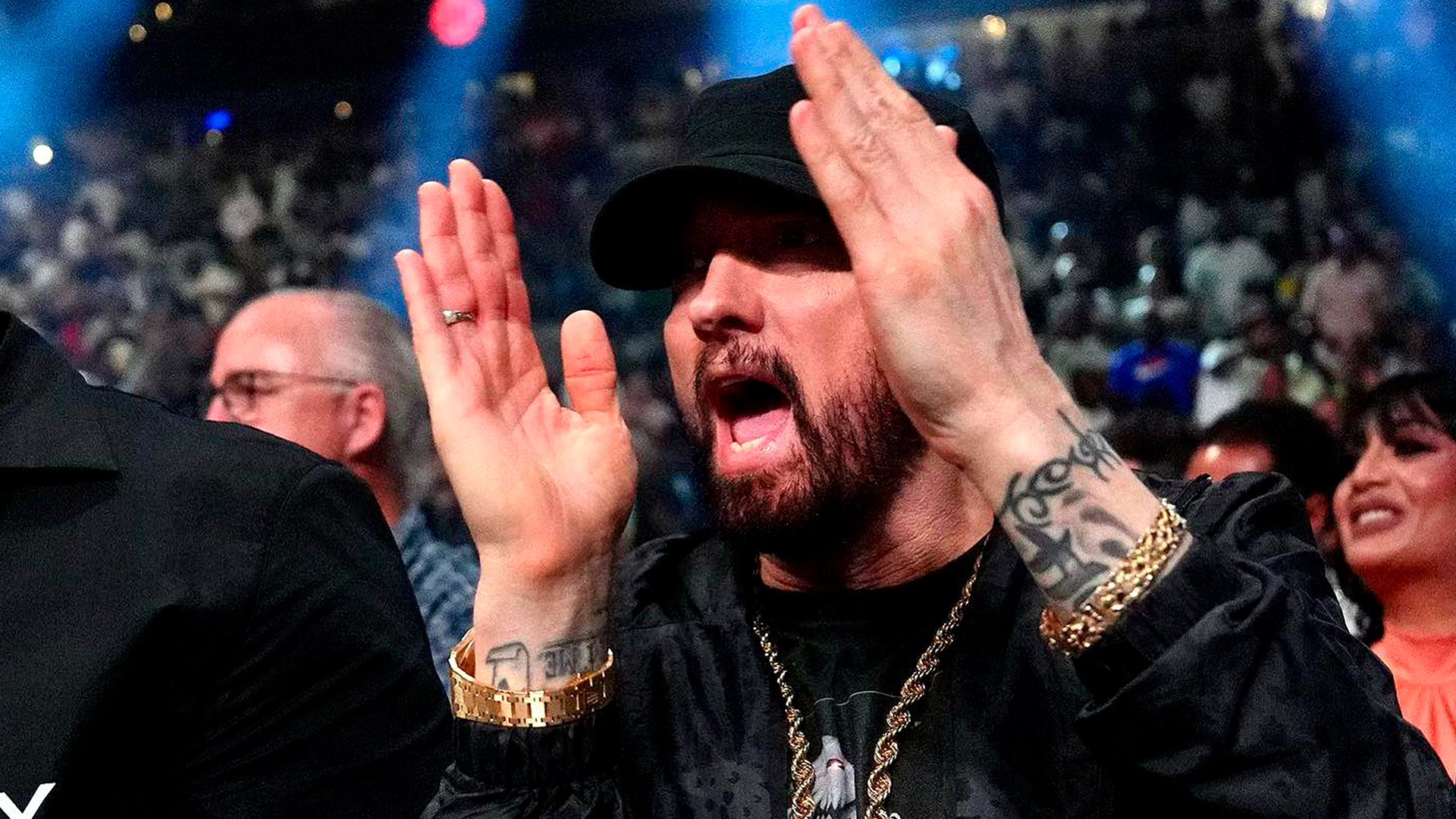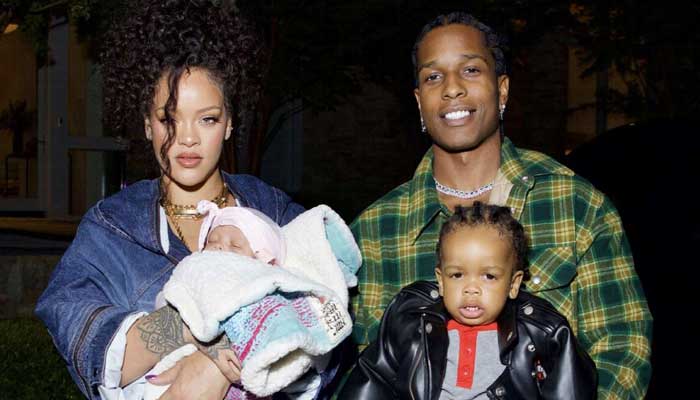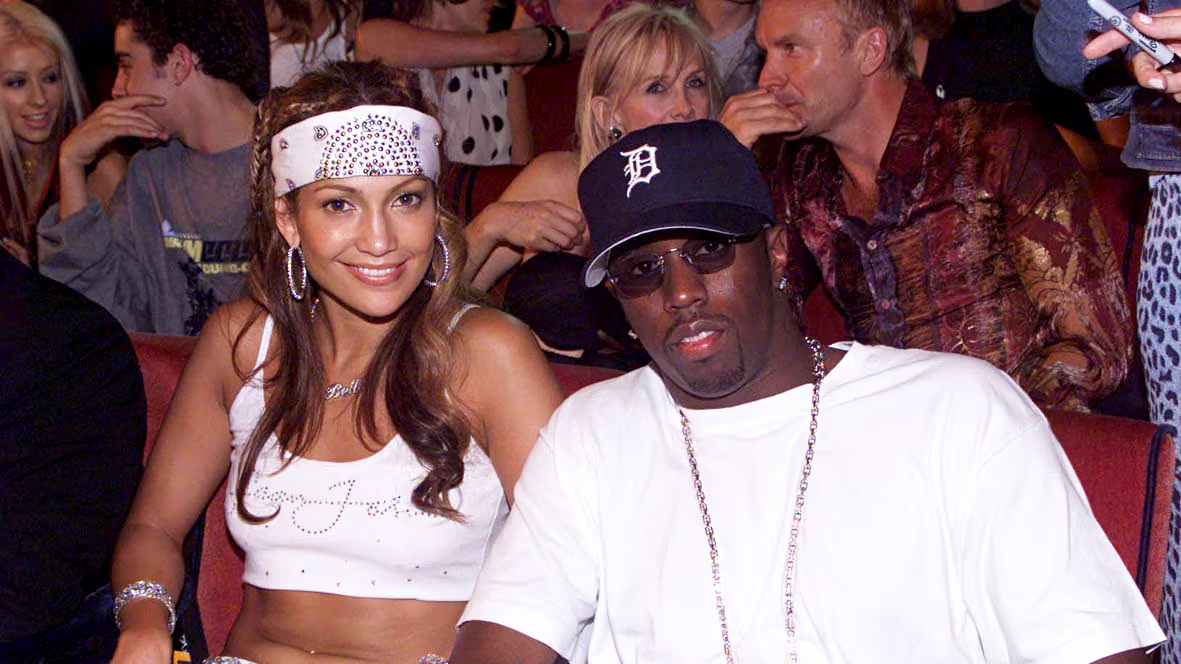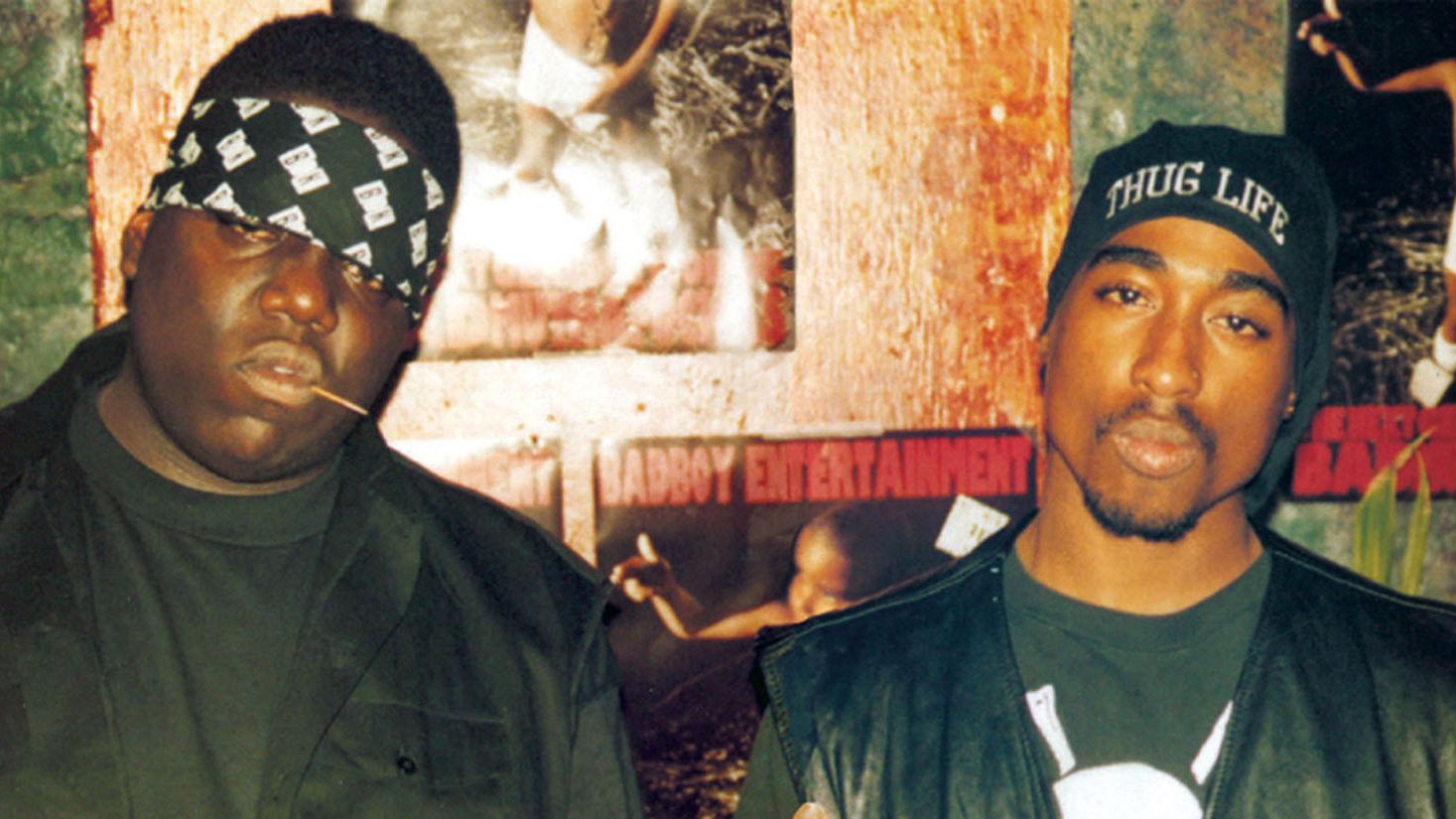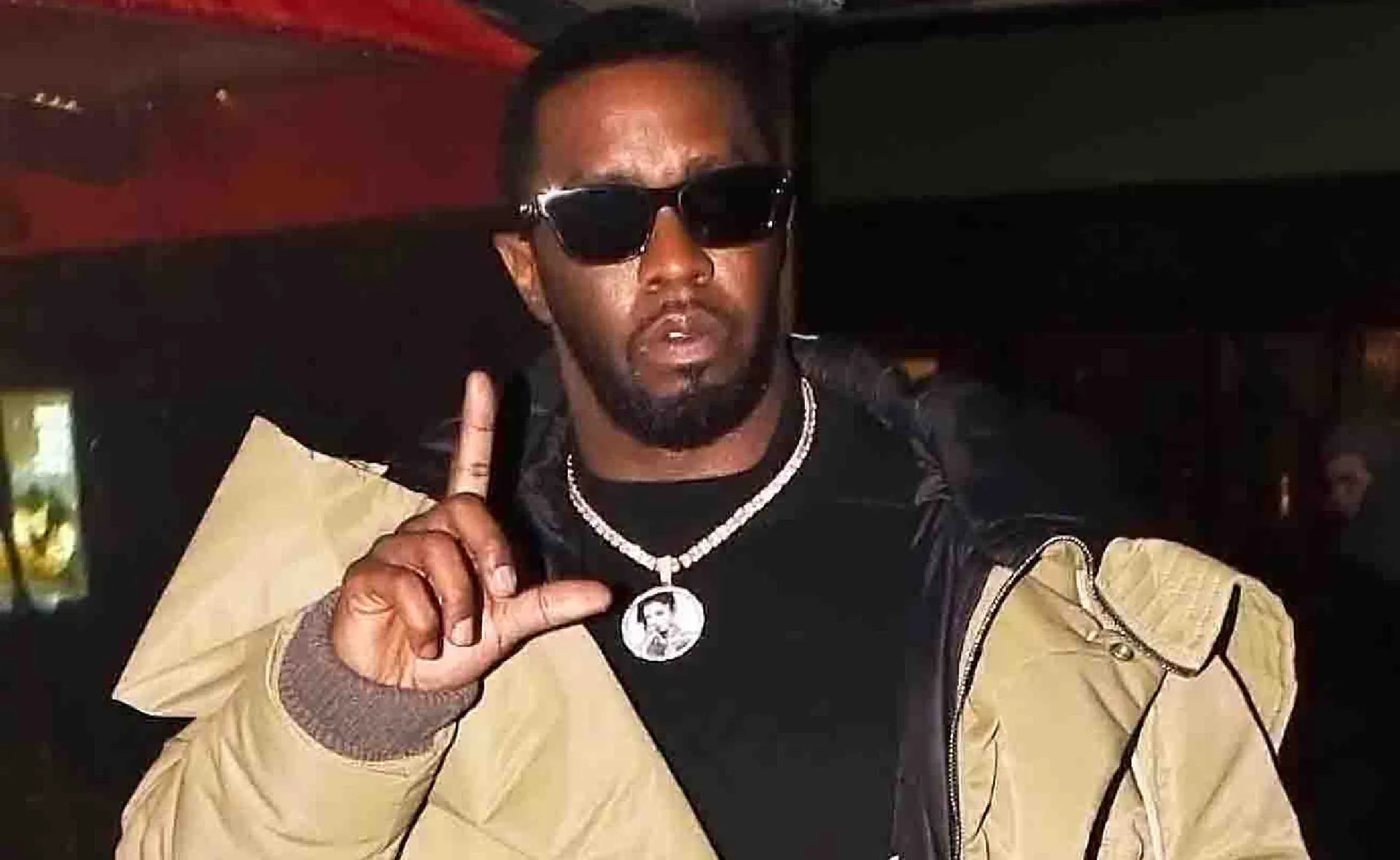New Evidence REVEAL Trey Reed was K!LLED by WHITE Student || COVER Up

The tragic death of 21-year-old college student Demarravian “Trey” Reed at Delta State University has ignited a firestorm of controversy, outrage, and demands for justice across the nation. As new evidence emerges, pointing to a possible cover-up by local authorities and the university, the question on everyone’s mind is: Was Trey Reed killed, and is the truth being buried to protect those responsible?
The Shocking Discovery
It all began on September 15, 2025, when news broke that Trey Reed had been found dead, hanging from a tree near the pickleball courts on the Delta State campus in Cleveland, Mississippi. The Mississippi Police Department quickly ruled his death a suicide, stating there was “no evidence of foul play.” But almost immediately, Trey’s family and friends began speaking out, insisting that the official story didn’t add up—and the details they shared were nothing short of chilling.
Trey’s cousin took to TikTok, sharing that Trey was found with multiple broken bones, including both arms and a leg, and had signs of severe trauma consistent with lynching. “The name Trey Reed needs to ring all over the United States right now,” his cousin said in a viral video. “He was found hanging from a tree, and they’re trying to rule it as a suicide. But he was bruised, both his arms were broken, and he had a broken leg.”
A Campus With a Dark History
For many Black students at Delta State, Trey’s death struck a nerve. The university has a long, troubling history of racism dating back to the 1980s and beyond. Students have reported incidents of racial harassment, threats, and violence, with little action taken by the administration. Trey himself had reportedly been targeted by racist students on campus—something he had brought to the attention of school officials multiple times, only to be ignored.
One Black student shared, “Hearing that this happened to another Black student really made me feel unsafe. I walk to class, I like to go walk on the track, but now I’m scared. We need to know what happened.”
Trey’s cousin echoed these concerns, recounting his own run-ins with campus police, who allegedly tried to lock him up for no reason. “This school has history for being racist,” he said. “There’s a lot that happens on that campus that nobody does anything about.”
The Official Story Falls Apart
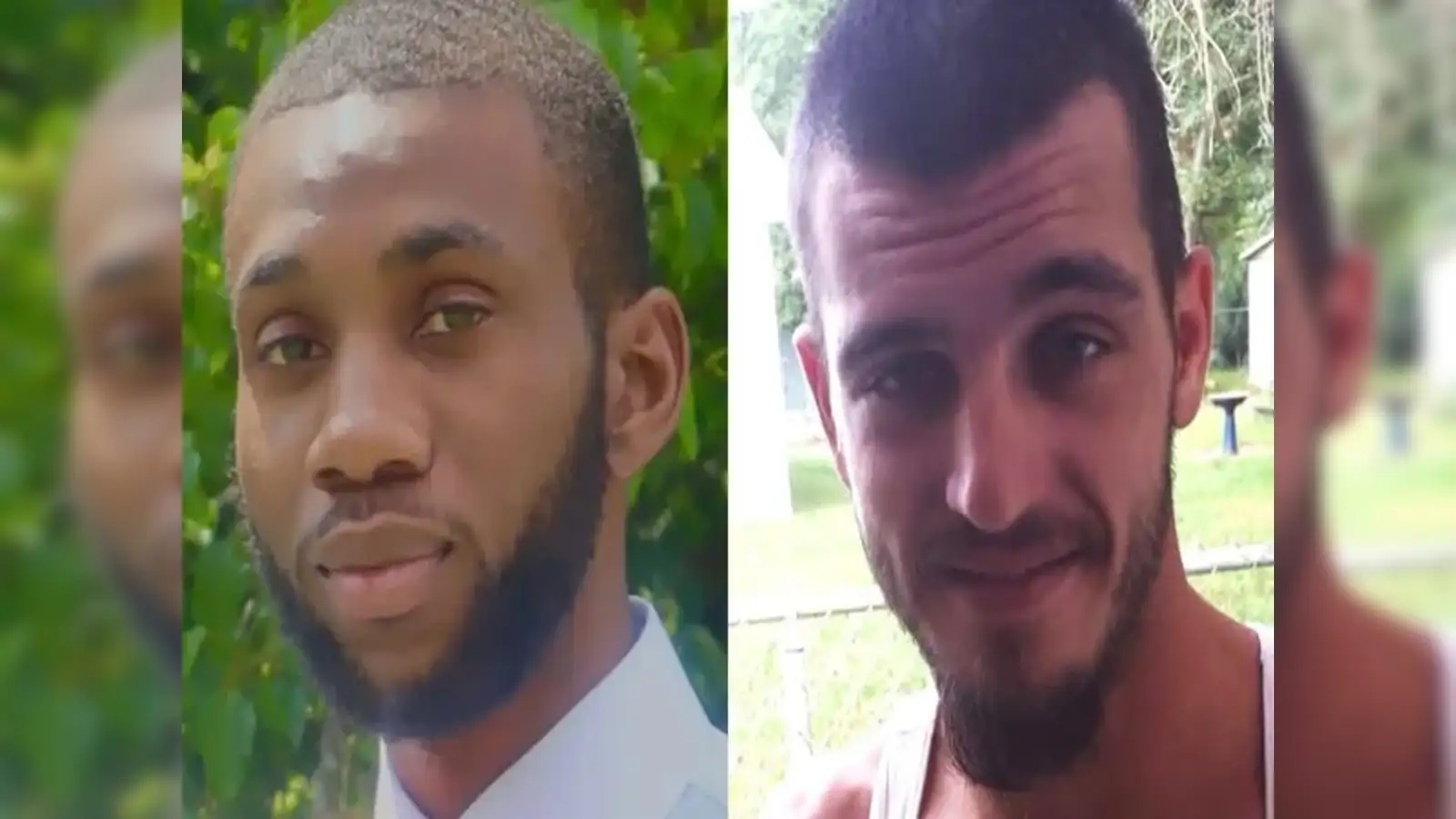
As news of Trey’s death spread, Delta State University released a statement on Facebook denying any foul play. “Earlier today, Delta State University staff discovered the body of a student, Demarravian Trey Reed of Grenada, Mississippi on campus. University police and local authorities were immediately notified and are conducting an active investigation. Chief of Police Michael Peeler stated that there is no evidence of foul play and no ongoing campus safety concerns.”
But the public wasn’t buying it. The comments section flooded with demands for answers and calls for justice. “No foul play? Sounds like something Mississippi police would say,” one user wrote. Others pointed out the glaring inconsistencies between the university’s statement and the family’s account.
The family attorney, Vanessa J. Jones, revealed a bombshell: When police first contacted Trey’s family, they claimed he was found dead in his dorm room, in his bed. But later, the official story changed—now Trey was found hanging from a tree, with multiple broken bones. “Clearly, someone is lying here, and it ain’t the family,” Vanessa said.
Demands for Transparency
Vanessa Jones demanded the university release surveillance footage from the day Trey died. “If this young man was on the campus of Delta State University, with all these cameras and all this modern technology, from the moment he left his dorm room or entered the campus, there should be surveillance of all his actions. That’s what we want.”
But so far, the university has refused to release any footage, fueling suspicions of a cover-up. The police doubled down, releasing a preliminary examination claiming Trey “did not suffer any lacerations, contusions, compound fractures, broken bones, or injuries consistent with physical attack.” They insisted there was “no evidence to suggest the individual was physically attacked before his death.”
The public response? Utter disbelief. “It’s like they just want to keep throwing that ‘no foul play’ statement in people’s faces until they get tired and stop asking questions,” one commenter said. Trey’s family has already commissioned an independent autopsy, convinced that local authorities will do whatever it takes to preserve their narrative.

Mississippi’s Legacy of Lynchings
Trey’s death cannot be separated from the painful history of Mississippi and the American South. From 1877 to 1950, nearly 4,000 documented lynchings of Black people occurred in the southern United States—with Mississippi leading the nation at 581 recorded lynchings. The story of Emmett Till, a 14-year-old Black boy lynched in the Mississippi Delta in 1955, still haunts the state’s collective memory.
Even in the 21st century, families and civil rights groups have fought to expose suspicious hangings and lynchings—most of which were quickly ruled suicides by local authorities. “When a young Black man like Trey is found hanging from a tree, you can understand why people are not satisfied with the ‘no foul play’ narrative,” said one activist. “Especially when there are inconsistencies surrounding the cause of his death.”
The Cover-Up Allegations
So what really happened to Trey Reed? The evidence points to a deeply flawed investigation, a university desperate to protect its reputation, and a police department more interested in closing the case than finding the truth.
Multiple sources claim Trey had been harassed and threatened by a group of white students—some of whom allegedly drove by in a truck, yelling racial slurs and calling Trey and his friends “monkeys.” Trey reported these incidents, but nothing was done.
On the day of his death, Trey was found near the pickleball courts, a public area on campus. Yet, the university claims there is no surveillance footage of his movements. How is that possible in an era where every corner of a college campus is monitored by cameras?
His family’s account of broken bones and severe bruising is supported by eyewitnesses, yet the police insist there were no injuries. The initial report of Trey being found in his dorm room only adds to the confusion. Was the scene staged? Was evidence tampered with?
Community Demands Justice
The outrage is spreading. Students, activists, and community members are demanding accountability. “Hold Delta State accountable,” one commenter wrote. “They need to release security footage—no way, in the middle of campus, nothing was caught on camera. His murderers need to be locked up.”
Others are calling for federal intervention, fearing that local authorities are too compromised to conduct a fair investigation. “How can they not suspect what we all suspect?” asked another. “It’s one thing not to know, but not to even suspect? They need to be like, ‘Under the circumstances, we will leave no stone unturned to find out what happened here.’”

Trey Reed’s Legacy
As the investigation drags on, Trey’s family is determined to keep his story alive. They refuse to let his death be swept under the rug, joining a long line of families who have fought for justice in the face of institutional indifference.
For Black students at Delta State, Trey’s death is a wakeup call—a reminder that racism and violence are not relics of the past, but present dangers that must be confronted. “I cannot imagine the heartbreak this family must be going through,” said one student. “But we can’t let this go. We need answers.”
What’s Next?
The official autopsy is still pending, but Trey’s family is pressing forward with their own independent investigation. The pressure is mounting on Delta State University and the Mississippi Police Department to release surveillance footage, re-examine evidence, and hold those responsible accountable.
As the story continues to unfold, one thing is clear: Trey Reed’s death has exposed deep, painful truths about race, power, and justice in America. The world is watching, and the calls for transparency and accountability are only growing louder.
Rest in peace, Trey Reed. May your name ring out across the United States—and may justice be served.
